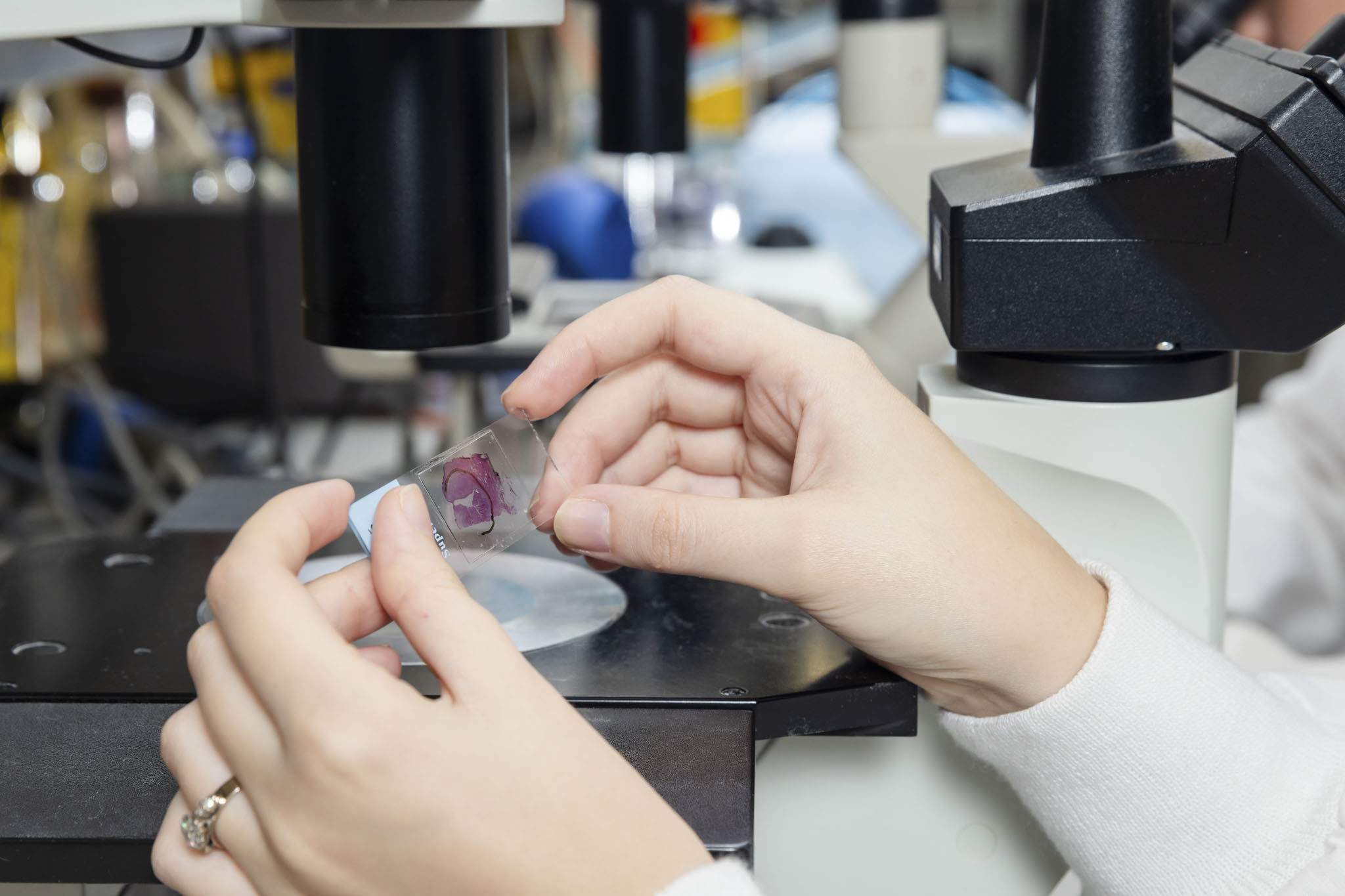What is a clinical trial?
A clinical trial is a research study that brings together patients, doctors, and researchers to find better ways to prevent, diagnose, and treat medical conditions like gynaecological cancer. These trials test new treatments, including chemotherapy drugs, surgical methods, supportive care, and even preventive measures that may lower cancer risk. Other areas of focus include screening methods, quality of life improvements, and understanding health patterns in populations.
Participating in a clinical trial provides access to the latest treatments, close monitoring, and a chance to contribute to medical advancements.


Clinical Trial Guidelines
All QCGC clinical trials meet strict standards set by Human Research and Ethics Committees (HREC) and international guidelines for good clinical practice. Before enrolling, patients receive detailed information on the study, its risks, benefits, and their rights, ensuring informed consent.
The HREC reviews each trial to confirm it is scientifically valuable, has a balanced risk-benefit ratio, and is conducted by qualified staff without compromising patient quality of life or data security. Patients interested in participating should consult their medical practitioner for guidance on available options.
